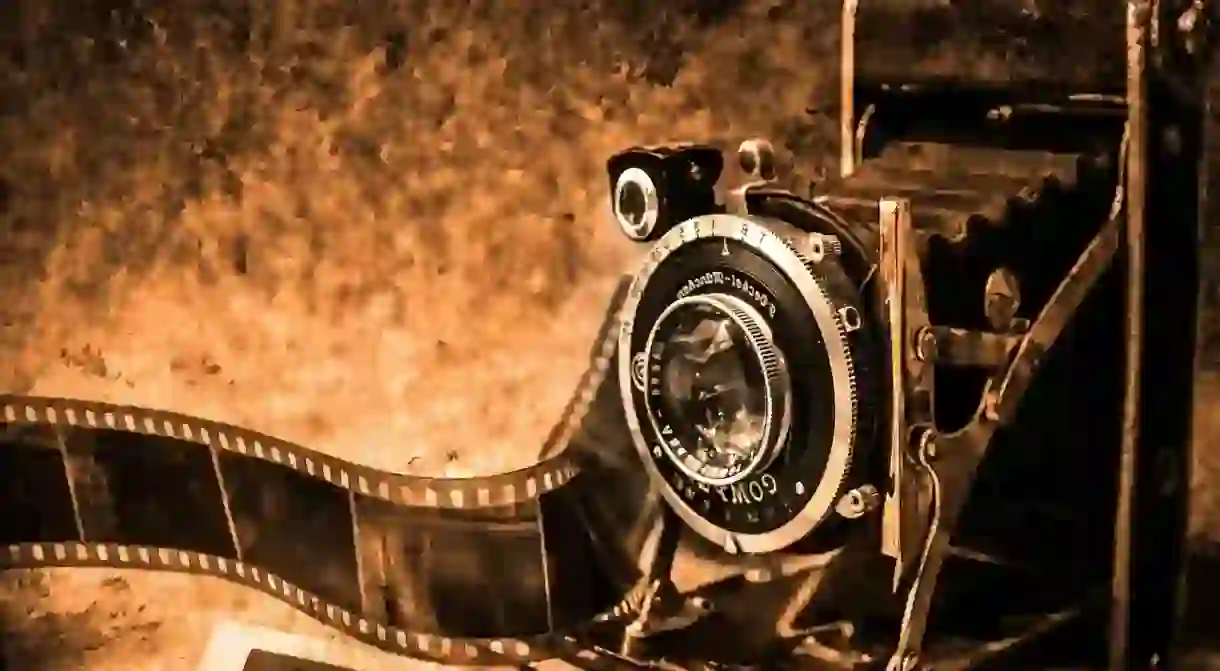Top British Films Based On True Stories

The British film-making industry has a long and colourful history. From the gritty, realistic Trainspotting to the fantasy world of Harry Potter, it is more than capable of creating stories everybody wants to watch, and that includes true ones. Britain has a wealth of history – and of remarkable individuals – to commit to the silver screen. Unsurprisingly, these have been transformed into compelling, often critically-acclaimed films, some of which still remain popular decades after their release.
Philomena (2013)
The sheer warmth and feeling portrayed here make this a compelling watch. Philomena is based on the true story of Philomena Lee, an Irish woman who became pregnant at eighteen and was sent to a home for unwed mothers. The film traces her attempts to find her son – more than 20 years after he was taken from her – in the company of recalcitrant journalist Martin Sixsmith. The blossoming relationship between the two main characters forms the emotional heart of the film. This film has won multiple awards, and it’s easy to see why: not only are the actors wonderful but the emotional side to the story makes it a true tear-jerker.
Chariots of Fire (1981)
If any film could be said to be a British icon then Chariots of Fire is it. Not only has the amazing score by Vangelis made its way into popular culture, even making an appearance at the 2012 Olympics opening ceremony, but the film itself is a celebration of British sporting spirit. It centres around Harold Abraham, the Jewish winner of the 1924 Olympic 100-metre sprint, and Eric Liddell, the record-breaking runner, whose devout faith prevented him from running on a Sunday. The struggles of the two men – one running to overcome prejudice and the other for the glory of God – gives the film its intensity and power and has ensured its popularity since its release in 1981.
Pride (2014)
One of the more unusual films based on a true story, 2014’s Pride tells the true story of the British coal miner’s strike of 1984, and of a small town, Onllwyn, in Wales, home to the the group Lesbians and Gays Support the Miners. Though much of the film deals with the initial distrust – and burgeoning relationship – between the two radically different communities, it also finds time to explore the consequences of the British communities whose industrial roots were being shattered by strikes and industrial action, and the treatment of and prejudices towards gay people during the 1980s. It’s not only a crowd-pleaser, but thoughtful with it.
The King’s Speech (2010)
What could be more British than a story about the Royal family? This film was a massive critical success and it’s easy to see why: Colin Firth and Geoffrey Rush steal the show as the Duke of York and his speech therapist Lionel Logue on the eve of World War II. It is the King’s battle with his stutter, and the result of living in his brother’s shadow, that forms the emotional heart of the film, as well as his burgeoning relationship with Logue as he ascends to the throne after his brother’s abdication to become George VI. Painting a historically accurate and moving picture of Britain at wartime, this film is definitely worth a watch.
https://www.youtube.com/watch?v=pzI4D6dyp_o
The Dam Busters (1955)
Though there is no shortage of war films to choose from, The Dam Busters has to be one of the very best. Widely acknowledged as one of the greatest war films of all time, the plot follows the true story of a specially-created squadron of Lancaster bombers, 617 Squadron, and their attempts to destroy the German Möhne, Eder and Sorpe dams with the specially-designed bouncing bomb, created to skip over the torpedo defences and breach the dams – which they did. Not only has the score become iconic, but the mixture of triumph with the more sobering acknowledgement of the cost of war have made this film stand out.
The Theory of Everything (2014)
This British-made film cannot fail both to inspire and to tug at the heartstrings. Starring Eddie Redmayne as the world-famous scientist Stephen Hawking, the film delves into his past: starting as a brilliant undergraduate at Cambridge and falling in love with Jane Wilde, it follows his life right through to the onset of his motor neurone disease and how it affects their family. A celebration both of his work and of the resilience of the human spirit, The Theory of Everything was a huge success both commercially and critically; Redmayne’s Oscar-winning portrayal of Hawking’s slow decline to immobility is simply awe-inspiring.
Lawrence of Arabia (1962)
Released in 1962, Lawrence of Arabia is considered to be one of the greatest and influential films in the history of cinema, especially given that the person it is based on is every bit as amazing as the story itself. T.E Lawrence played a huge role in the First World War for his role in marshalling the tribes of the Arabian peninsula into attacking the Turks, who were allied to the Germans. Lawrence’s persona and psychological troubles are explored in depth over the course of the film, as is his descent into barbarity and madness as a result of his experiences. If you want an epic, heroic film set in breathtaking scenery, Lawrence is ideal.













